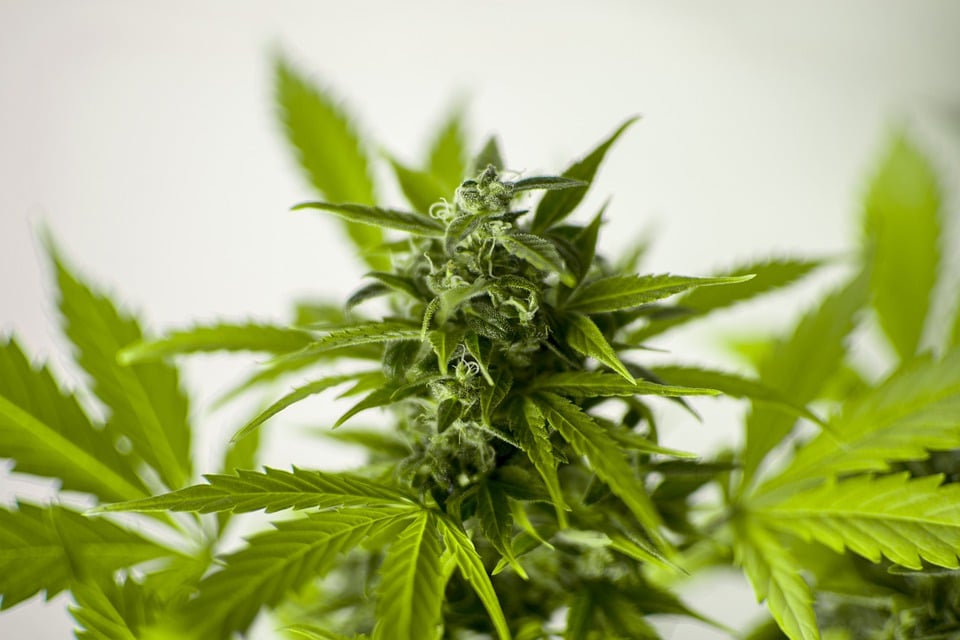According to researchers in California, frequent cannabis users, especially younger individuals, often experience “the munchies” as a side effect. Surprisingly, despite increased snacking, these users tend to have a lower risk of obesity and diabetes.
Marijuana disrupts normal energy storage
However, a team from UC Irvine warns that this seemingly positive outcome can actually be detrimental to overall health. The study reveals that cannabis use during the teenage years disrupts the crucial energy storage processes involved in children’s and teenagers’ rapid physical growth and development.
Marijuana use affects the body by reducing its ability to release stored nutrients necessary for muscles and the brain. This is due to molecular changes in the body’s fat deposits, referred to as the adipose organ. Cannabis exposure leads these storage areas to produce proteins typically found in muscles rather than fat.
According to Daniele Piomelli, PhD, director of the UCI Center for the Study of Cannabis, cannabis is often only considered a psychoactive drug. However, Piomelli explains that its effects go beyond the brain. The main component of cannabis, THC, imitates a group of chemical messengers known as endocannabinoids, which play a vital role in regulating various bodily functions.
THC impacts the metabolism of individuals
Tetrahydrocannabinol (THC) is the primary psychoactive compound found in marijuana that induces the feeling of being “high.” It interacts with receptors in the brain responsible for regulating mood, pain, and emotions, leading to euphoric sensations in users.
In a study conducted by the UC Irvine team, adolescent mice were administered daily doses of THC. The treatments were discontinued before the mice reached adulthood, and their metabolism was subsequently analyzed.
Surprising findings from a study revealed that adult mice, which had consumed THC during their adolescence but were now drug-free, exhibited lower fat mass and higher lean mass. They also demonstrated resistance to obesity and diabetes, along with increased body temperature and were unable to utilize energy from their fat reserves. At a molecular level, the study identified that THC caused fat cells to produce significant amounts of muscle proteins while reducing the production of regular proteins in muscle cells.


